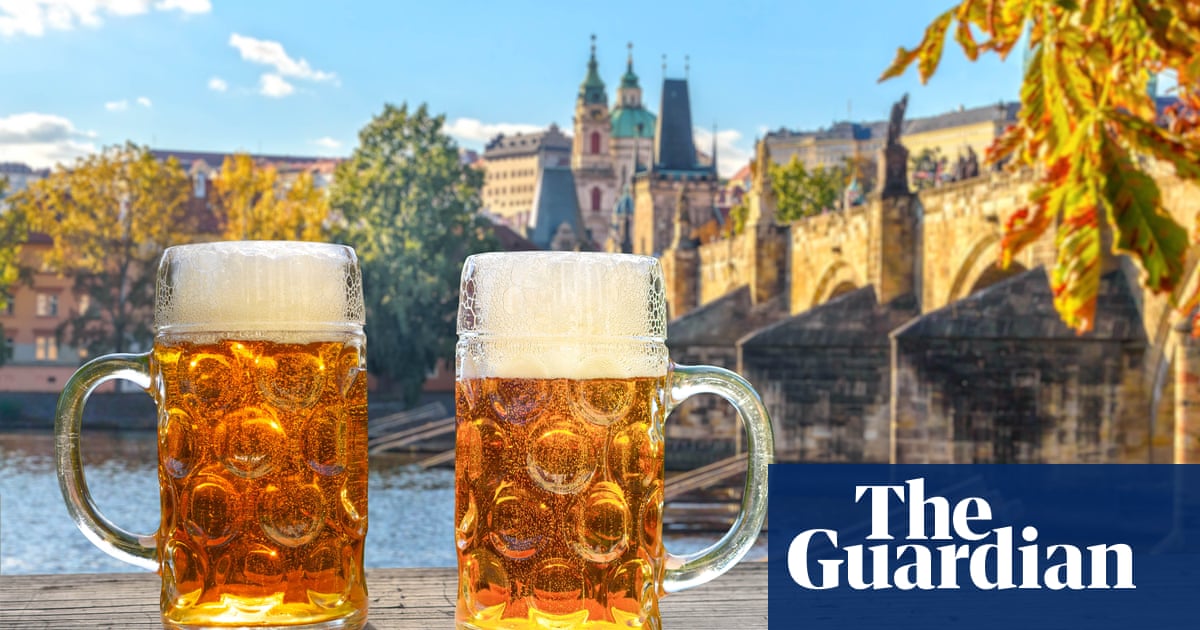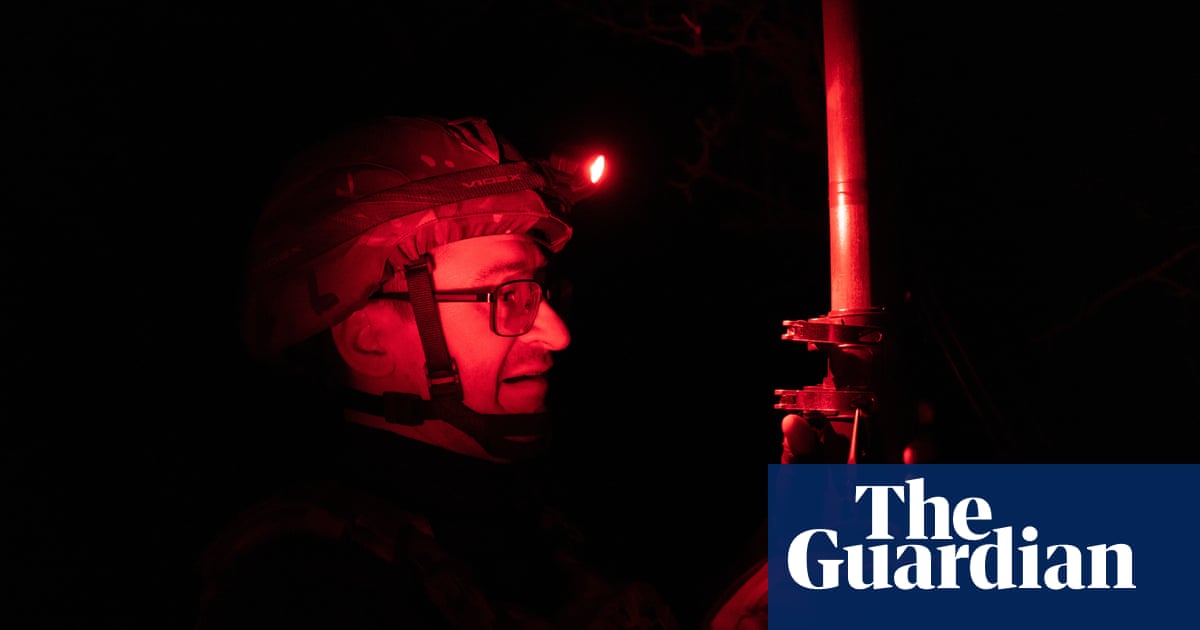
Only one-third of Europe?s surface water qualifies as good or better, study finds
Only about one-third of Europe?s surface water is in good health or better, a report has found, despite an EU target first set for 2015 to bring all bodies of water up to good quality.
About 37% of Europe?s surface waters qualified as having at least a good ecological status and 29% a good chemical status in 2021, according to data from 19 member countries compiled by the European Environment Agency (EEA). The original deadline for the EU target has been extended to 2027 but data suggests this is on track to be missed by a wide margin.
?The health of Europe?s waters is not good,? said Leena Yl?-Mononen, the EEA?s executive director. ?Our waters face an unprecedented set of challenges that threatens Europe?s water security.?
The report found that farms had the biggest effect on Europe?s surface water and groundwater, drawing out too much water and pumping in too many pollutants, along with the impact of coal-fired power plants that spew out toxic particles.
Parts of western and central Europe such as Germany and the Netherlands had a particularly high share of water bodies in poor health, the report found.
It highlighted the ?catastrophic? die-off of fish in the Oder River in 2022 that was mainly caused by pollution from salt mines and nutrients from urban wastewater.
The EU introduced sweeping rules on water management almost 25 years ago that sent member countries racing to improve the quality of their bodies of water. But efforts over the last decade ?have rarely translated into improved status overall?, the EEA found, in the most thorough assessment of the continent?s waterways to date.
The report found that Europe?s groundwater was in better health than its surface water, with 91% rated as having at least a good quantitative status and 77% achieving a good chemical status. On both metrics, groundwater quality had improved by just one percentage point since 2015.
The EEA said solutions to the poor state of Europe?s water included reducing demand, releasing fewer harmful substances, and restoring rivers and wetlands. The scientists pointed to the floods that ravaged central Europe last month as examples of weather events that have made action more urgent.
skip past newsletter promotion Sign up to Down to Earth Free weekly newsletter The planet's most important stories. Get all the week's environment news - the good, the bad and the essential Enter your email address Sign up Privacy Notice: Newsletters may contain info about charities, online ads, and content funded by outside parties. For more information see our Newsletters may contain info about charities, online ads, and content funded by outside parties. For more information see our Privacy Policy . We use Google reCaptcha to protect our website and the Google Privacy Policy and Terms of Service apply. after newsletter promotion
?Having a healthy aquatic ecosystem helps mitigate the impacts we?re seeing of climate change,? said Trine Christiansen, a co-author of the report. ?The better the [water] situation we have, the more capable we are of handling these more extreme events.?
The EEA partly attributed the lack of improvement in the chemical status of surface water to pollutants with long lifespans such as mercury and brominated flame retardants.
Prof Dietrich Borchardt, a water scientist from the Helmholtz Centre for Environmental Research who was not involved in the report, said he welcomed the inclusion of nature restoration and climate change in the assessment but wished it had explicitly considered climate projections.
He said: ?I would also have liked to have seen a more detailed examination of why the water situation in Europe has hardly improved for two decades ? and what the key factors are for not only maintaining the status quo but also achieving substantial improvements.?
The lobby group Water Europe called on Monday for ?255bn (?213bn) in water investments by 2030 to protect Europe?s economy and ensure environmental sustainability. It warned that water scarcity, which affects one in three Europeans, also threatened key industries such as the production of semiconductors, datacentres, renewable hydrogen, and electric vehicle batteries.






